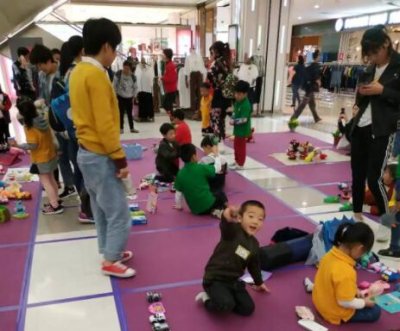小学英语语法易错点解析,如何提高英语口语技巧?
长沙励步英语培训最新资讯:今天就是高考的第一天,小编在这里祝愿正在的学子考出好成绩。在初中阶段的英语学习中,句型和语法、词汇、短语一样重要哦。掌握一些核心句型,对于学习和考试可以起到事半功倍的效果,写作文时也不会再发愁句子该怎么写了!下面我们来盘点,小学阶段英语语法易错点以及如何提高英语口语技巧?

一、语法易错点
1. a, an的选择: 元音字母开头的单词用an,辅音字母开头的单词用a.
2. am , is , are的选择: 单数用is , 复数用are. I 用 am , you 用 are.
3. have , has 的选择: 表示某人有某物.单数用has , 复数用have. I ,you 用 have .
4. there is, there are 的选择:表示某地有某物,某人.单数用there is , 复数用there are.
5. some, any 的选择:肯定句用some, 疑问句和否定句用any.
6. 疑问词的选择:
what(什么) who(谁) where(哪里)
whose(谁的) why(为什么)
how(怎么样) when(什么时候)
which(哪一个)
how old(几岁)
how many(多少个)
how much(多少钱)
what time(几点)
二:形容词比较级
当我们需要对事物作出比较时,需要用到比较级.比较级的句子结构通常是:
什么 + 动词be (am , is , are ) + 形容词比较级 + than(比)+ 什么 ,如:
I'm taller and heavier than you. (我比你更高和更重.)
An elephant is bigger than a tiger. (一只大象比一只老虎更大.)
形容词的比较级是在形容词的基础上变化而来的,它的变化规则是:
① 一般的直接在词尾加er ,如 tall - taller , strong - stronger ,
② 以e结尾的,直接加r ,如 fine – finer ,
③ 以辅音字母加y结尾的,先改y为i再加er,如funny - funnier
④ 双写最后的字母再加er,如big – bigger, thin – thinner ,hot – hotter
三:动词过去式
动词的过去式的构成规则有:
A,规则动词
① 一般直接在动词的后面加ed:如 worked , learned , cleaned , visited
② 以e结尾的动词直接加d:如 lived , danced , used
③ 以辅音字母加y结尾的动词要改y为i再加ed(此类动词较少)如 study – studied carry – carried worry – worried (注意play,stay不是辅音字母加y,所以不属于此类)
④ 双写最后一个字母(此类动词较少)如 stopped
B,不规则动词(此类词并无规则,须熟记)小学阶段要记住以下动词的原形和过去式:sing – sang , eat – ate , see – saw , have – had , do – did , go - went , take - took , buy - bought , get - got , read - read ,fly - flew , am/is - was ,
are - were , say - said , leave - left , swim - swam , tell - told , draw - drew , come - came , lose - lost , find - found , drink - drank , hurt - hurt , feel - felt
四:动词现在分词
① 一般的直接在后面加上ing , 如doing , going , working , singing , eating 等;
② 以e 结尾的动词,要先去e再加ing ,如dancing,having , writing等 (除去see,see➡️seeing);
③ 双写最后一个字母的(此类动词较少)有:running , swimming , sitting , getting ,shopping,stopping等;
五、人称代词主格及宾格
人称代词分为主格和宾格,主格和宾格区别:主格和宾格汉语意思相同,但位置不同。
Eg:I(主格)"我"-- me (宾格)"我"
主格在陈述句中通常放句首,宾格通常放在动词后或介词后,也就是说宾格,不放在句首。
Eg :I have a new car.( I 主格)
Excuse me (me 宾格)
I ask him to go (him 宾格)
They sit in front of me (me 宾格)
主格(8个):I 我you你 he他 she她 it它 we 我们you 你们they他(她、它)们
宾格(8个):me我 you你 him 他her她 it它 us我们 you你们 them他(她、它)们
六:句型专项归类
1.肯定句:是指用肯定的语气来陈述的句子,
如:I'm a student.
She is a doctor.
He works in a hospital.
There are four fans in our classroom.
2,否定句:含有否定词或表示否定意义词的句子,
如:I'm not a student.
He does not (doesn't) work in a hospital.
There are not (aren't) four fans in our classroom.
3,一般疑问句:是指询问事实的句子,此类句子必须用"yes",或"no"来回答.
如:Are you a student ?Yes, I am \ No, I'm not.
Is she a doctor? Yes, she is. \ No, she isn't.
Does he work in a hospital ?\Yes, he does. / No, he doesn't.
Did you watch TV yesterday evening?\ Yes, I did. / No, I didn't.
4,特殊疑问句:
以特殊疑问词(what , where , who , which , when , whose , why , how等)开头引导的句子,后接一般疑问句语序。此类句子应该问什么就答什么,不能用"yes ,no"来回答.
如:
-What is this?-It's a ball.
-Where are you ?-I'm in the bedroom.
-Who is that young man?-He is my uncle.
-When do you usually get up?-I usually get up at half past six.
-Why do you like the toy bear best ?-Because it is cute.
-How old is the little girl?-She’s twelve.
Ⅰ、如何提高英语口语?
过去完成时表示在过去某一时刻或某一动作之前已经发生的动作或情况,即:过去的过去。构成形式是:had + 动词过去分词。
一、过去完成时的基本用法
1. 过去完成时表示在过去某一时间之前已完成的动作, 表示对这一过去时间造成的结果或影响。
常用以下几种方式:
A.用by,before等构成的介词短语。比如:
Linda had learnt 10 English songs by the end of last month.
到上个月底,琳达已经学了10首英文歌曲。
John had repaired that machine before midnight.
在半夜之前约翰已经修好了那台机器。
B.用when, before,after等引导的时间状语从句。比如:
The train had started beforewe got to the station.
在我们到达车站之前,火车已经开了。
The plane had taken off when I reached the airport.
我到达机场时,飞机已经起飞了。
2. 过去完成时还可以表示过去某一时间以前发生开始的动作持续到这一过去的时间。常与for, since引导的表示一段时间的短语或从句连用。
I had worked in a hospital for three years before I came here.
我来这之前,已经在一家医院工作三年了。
He told us that he had worked here since 10 years before.
他告诉我他自从10年就一直在这儿工作了。
【辨析】现在完成时和一般过去时的区别
现在完成时表示某一已完成的动作对现在造成的影响或结果。强调整的是现在的情况。所以它不能和表示过去的时间状语连用。 而一般过去时只单纯表示过去的动作或状态,和现在不发生联系,它可以和表示过去的时间状语连用。
He has lived in Beijing since liberation.
解放以来他一直住在北京。(说明他现在仍在北京)
He lived in Beijing before liberation.
解放前他住在北京。(现在是否住在北京不知道)
We have visited a power station.
我们参观了一个发电站。(说明现在对发电站有所了解)
We visited a power station last week.
本文由长沙励步英语官网发布,文章作者:Monkey
小学英语语法易错点解析,如何提高英语口语技巧?





 少儿英语课外教材如何
少儿英语课外教材如何 英语备考词汇量,背单
英语备考词汇量,背单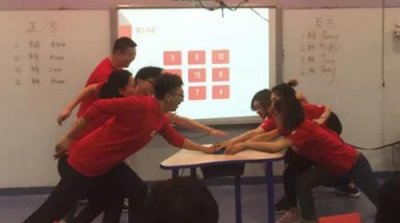 高考英语词汇最全答案
高考英语词汇最全答案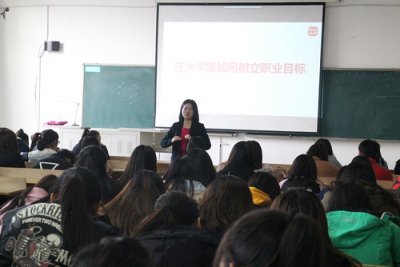 高考英语应试最全攻略
高考英语应试最全攻略 如何备考二外法语?行
如何备考二外法语?行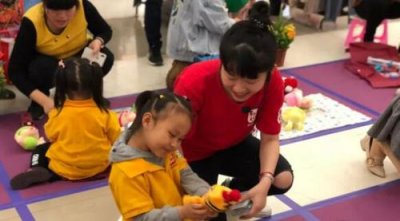 怎样提高孩子英语成绩
怎样提高孩子英语成绩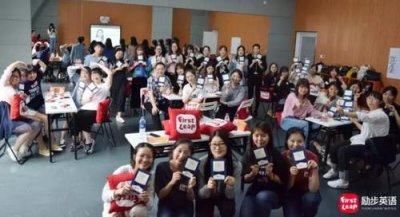 小学语文学习古诗词详
小学语文学习古诗词详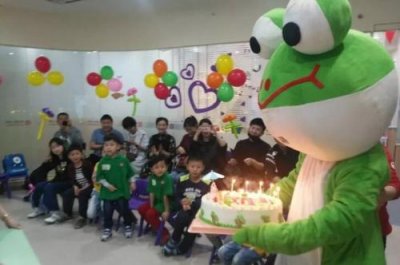 励步英语一期学费多少
励步英语一期学费多少 励步英语怎么样?价格
励步英语怎么样?价格 英语瑜伽口令:站立前
英语瑜伽口令:站立前 还在问是否取消高考英
还在问是否取消高考英 英语核心基础词汇有哪
英语核心基础词汇有哪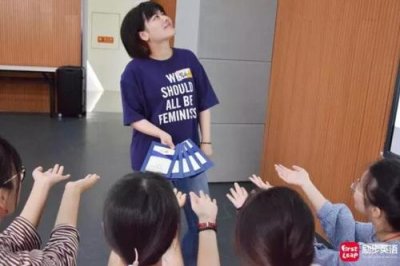 2018运用英语音标拼读
2018运用英语音标拼读 危险亲子游戏有哪些?
危险亲子游戏有哪些?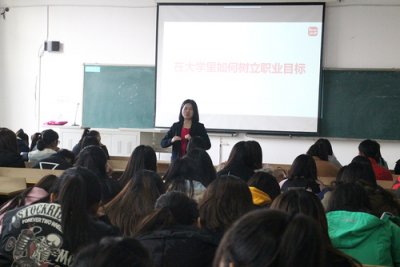 英语形似单词怎么学?
英语形似单词怎么学?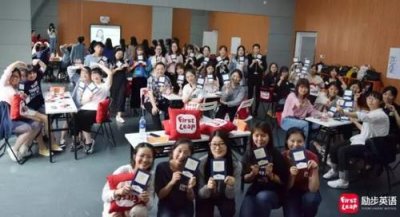 儿童英语中教好还是外
儿童英语中教好还是外